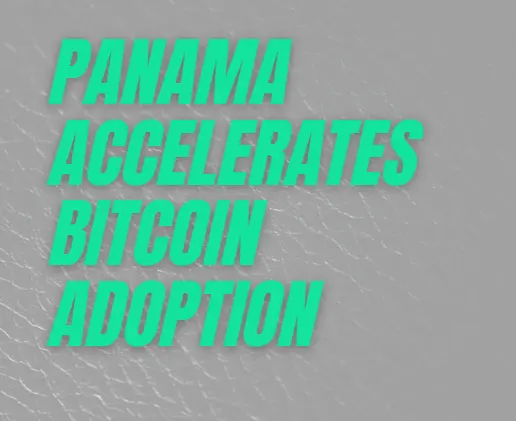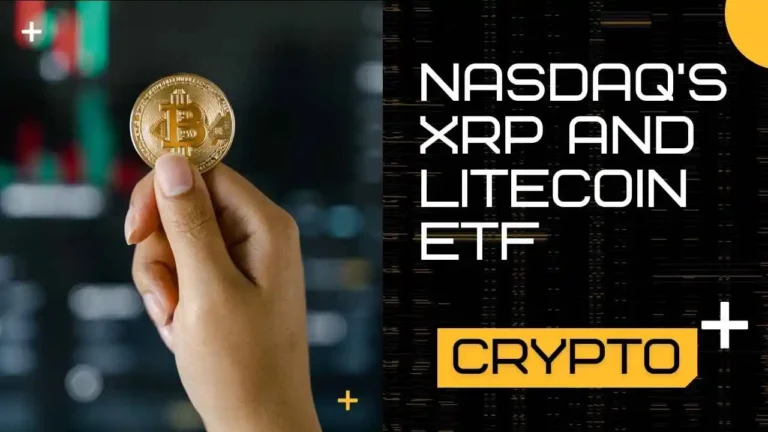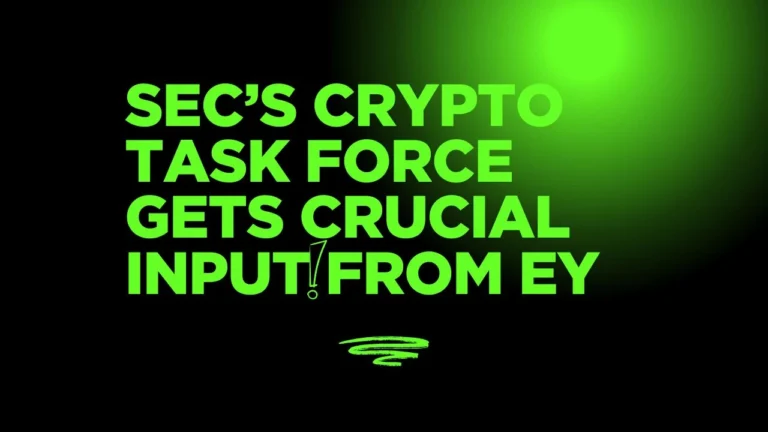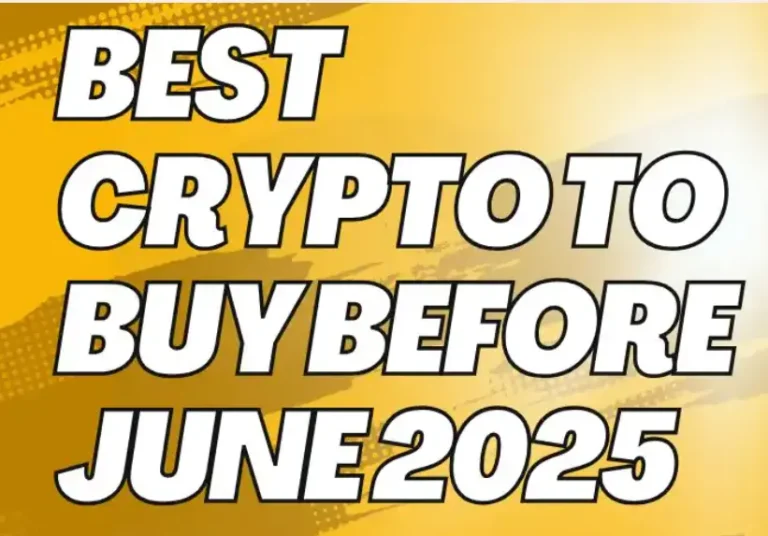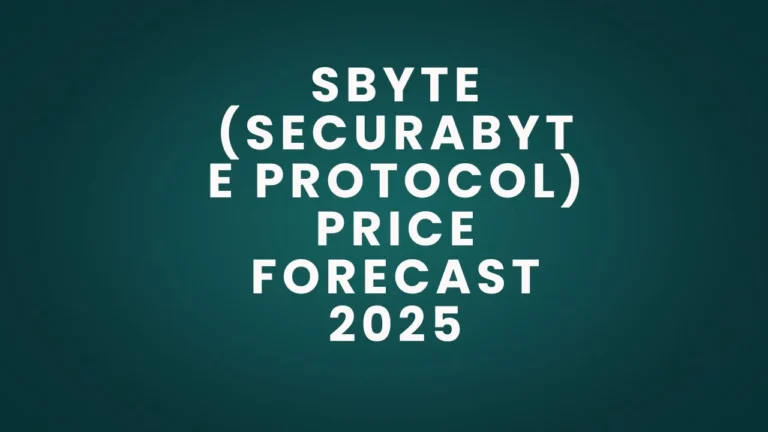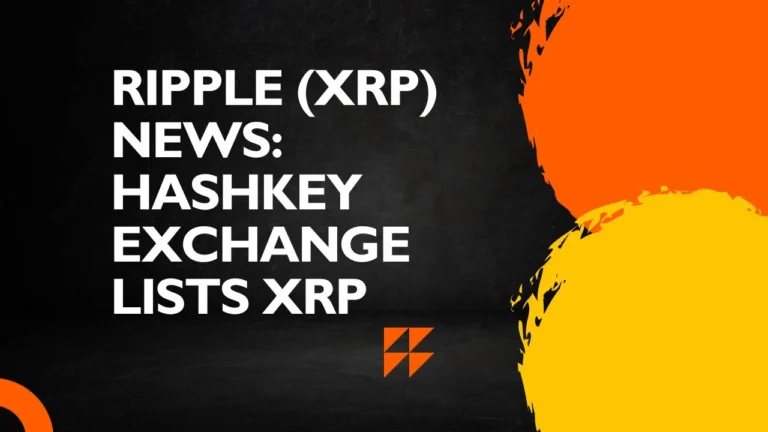Panama Accelerates Bitcoin Adoption 28 may 2025
Introduction to Panama’s Crypto Revolution
Panama is positioning itself as a leading cryptocurrency hub in Latin America, with bold initiatives announced at the Bitcoin 2025 conference in Las Vegas on May 28, 2025. Led by Panama City Mayor Mayer Mizrachi, the country is accelerating Bitcoin adoption through innovative measures like crypto payments for municipal services, Bitcoin-based bank accounts, and a strategic Bitcoin reserve. Inspired by El Salvador’s pioneering Bitcoin Law, Panama’s efforts aim to modernize its economy, streamline global trade, and attract crypto entrepreneurs. This article explores Panama’s groundbreaking crypto strategy, its implications for the global market, and why it’s a game-changer for digital assets in 2025.
Panama’s Bold Bitcoin Initiatives
Crypto Payments for Municipal Services
In April 2025, Panama City became the first government institution in the country to accept Bitcoin (BTC), Ethereum (ETH), USDC, and USDT for taxes, permits, fees, and tickets. This initiative, announced by Mayor Mizrachi, leverages a partnership with Towerbank, a crypto-friendly bank, to convert crypto payments into U.S. dollars for compliance. The move eliminates the need for new legislation by using existing banking infrastructure, making it a practical step toward mainstream adoption.
Bitcoin-Based Bank Accounts
Caja de Ahorros, Panama’s second-largest bank, announced plans to offer Bitcoin-based savings accounts, a first for the country’s financial sector. This move, revealed at Bitcoin 2025, aims to integrate digital assets into traditional banking, catering to Panama’s growing crypto community and unbanked population, estimated at 70% as of 2015. The accounts will allow users to hold and manage Bitcoin alongside fiat, fostering financial inclusion.
Strategic Bitcoin Reserve
Mayor Mizrachi hinted at a city-level Bitcoin reserve, with speculation that Panama could establish a national reserve within a year. Following meetings with El Salvador’s crypto strategists, Max Keiser and Stacy Herbert, Mizrachi posted “Bitcoin Reserve” on X, sparking excitement in the crypto community. This reserve aims to hedge against inflation and position Panama as a progressive financial hub, following El Salvador’s model of holding 6,179 BTC worth $640 million.
Panama Canal Bitcoin Payments
In a groundbreaking proposal, Mizrachi suggested allowing Bitcoin payments for Panama Canal transit fees, which generate $3.5 billion annually and handle 6% of global maritime trade. Ships paying in BTC could receive priority access, bypassing standard queues and reducing the 72-hour processing time of traditional banking channels. This initiative could revolutionize global logistics by leveraging Bitcoin’s fast, borderless transactions.
Why Panama Is Embracing Bitcoin
Panama’s crypto push is driven by several factors:
- Economic Modernization: As a dollarized economy without a central bank, Panama is immune to hyperinflation but vulnerable to U.S. dollar policies. Bitcoin offers a decentralized alternative to hedge against dollar debasement.
- Financial Hub Status: Panama’s history as a global financial center, with favorable tax policies and no capital gains tax on crypto, makes it an attractive base for crypto entrepreneurs and digital nomads.
- Unbanked Population: With 70% of Panamanians lacking bank accounts, Bitcoin’s accessibility via mobile devices and platforms like the Lightning Network addresses financial inclusion.
- El Salvador’s Influence: Panama’s strategy draws inspiration from El Salvador, where 34% of the population uses Bitcoin for remittances and daily transactions, saving $52 million annually in fees.
X posts reflect the crypto community’s enthusiasm, with users like @pete_rizzo_ declaring “NATION STATE FOMO” and @BTC_Archive highlighting Panama’s bill to legalize Bitcoin buying and selling.
Regulatory Framework and Challenges
Panama’s crypto adoption is supported by evolving regulations:
- Proposed Legislation: In March 2025, Congressman Andrés Solís Arias introduced a bill to allow voluntary crypto acceptance in commercial transactions, building on a 2022 bill vetoed by President Laurentino Cortizo. This pragmatic approach contrasts with El Salvador’s mandatory Bitcoin tender law.Compliance with FATF: Panama’s initiatives align with Financial Action Task Force (FATF) guidelines to prevent money laundering, addressing concerns raised by critics about crypto’s anonymity.
- Towerbank Partnership: Towerbank’s role in converting crypto to fiat ensures compliance and transparency, mitigating risks for municipal accounts.
Challenges Ahead
- Volatility Concerns: Critics argue Bitcoin’s price volatility makes it an unreliable store of value, a concern echoed in El Salvador’s IMF negotiations.
- Political Hurdles: Previous crypto bills faced resistance, and national adoption may require broader Congressional support.
- IMF Scrutiny: Panama’s reliance on IMF loans, similar to El Salvador’s, could lead to restrictions on crypto initiatives, as seen in El Salvador’s 2024 agreement to limit Bitcoin involvement.
Implications for Global Crypto Adoption
Panama’s Bitcoin strategy has far-reaching implications:
- Regional Leadership: Following El Salvador, Panama could inspire other Latin American nations like Paraguay and Argentina to adopt crypto-friendly policies, creating a regional DeFi ecosystem.
- Global Trade Innovation: Bitcoin payments for the Panama Canal could set a precedent for blockchain in international logistics, reducing costs and delays for 14,000 annual transits.Investor Appeal: Panama’s tax-friendly environment and crypto infrastructure attract wealthy digital nomads and businesses, boosting real estate markets in areas like Casco Viejo.
The crypto community on X is abuzz, with @rovercrc and @Vivek4real_ calling Panama’s reserve plans a sign of “COUNTRY FOMO,” signaling growing global adoption.
Comparison with El Salvador’s Bitcoin Model
Panama’s approach mirrors but differs from El Salvador’s:
- Voluntary vs. Mandatory: Panama opts for voluntary crypto acceptance, avoiding El Salvador’s mandatory tender law, which faced resistance from businesses.
- Banking Integration: Panama’s partnership with Towerbank and Caja de Ahorros contrasts with El Salvador’s Chivo wallet, which saw low adoption (61% of users stopped after spending bonuses).
- Strategic Reserve: Both aim to hedge against economic instability, but Panama’s canal payment proposal adds a unique global trade dimension.
Conclusion
Panama is accelerating Bitcoin adoption with innovative measures like crypto payments for taxes, Bitcoin-based bank accounts, and a potential strategic reserve. Mayor Mayer Mizrachi’s vision, inspired by El Salvador, positions Panama City as a crypto-forward hub, leveraging the Panama Canal’s global influence and the country’s financial hub status. While challenges like volatility and IMF scrutiny remain, Panama’s pragmatic approach and regulatory evolution make it a leader in Latin America’s crypto wave. As the crypto market surges, Panama’s initiatives could reshape global finance. Stay updated with the latest crypto news by following our blog and joining the conversation on X.

